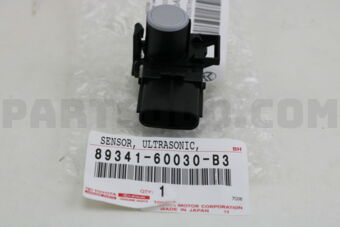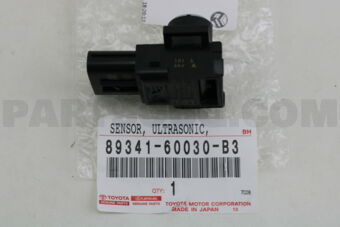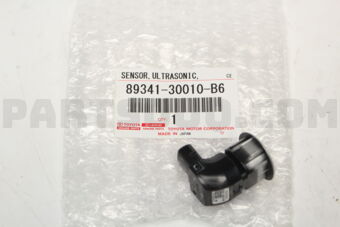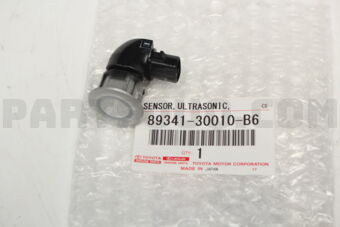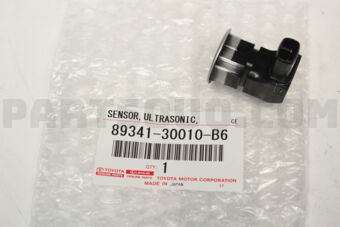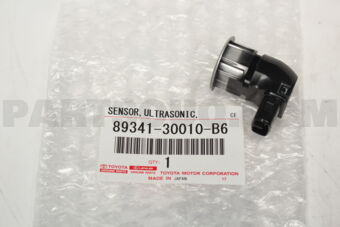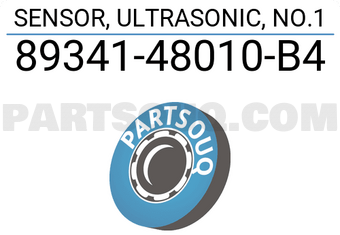Resultados de la búsqueda para: 8934160030B3
SENSOR, ULTRASONIC, NO.1
Número de parte: 8934160030B3
Disponibilidad: 6
Peso, kg: 0.031
Procesando: 2-3 días
Marca: Toyota
Made in: Japan

Substituciones
SENSOR, ULTRASONIC, NO.1
Número de parte: 8934130010B6
Disponibilidad: 18
Peso, kg: 0.021
Order now:
Marca: Toyota
Made in: Japan

SENSOR, ULTRASONIC, NO.1
Número de parte: 8934130010B6
Disponibilidad: 18
Peso, kg: 0.021
Procesando: 2-3 días
Marca: Toyota
Made in: Japan

SENSOR, ULTRASONIC, NO.1
Número de parte: 8934148010B4
Disponibilidad: 0
Peso, kg: 0.031
Marca: Toyota

Ultrasonic Sensor: Crucial for Modern Driving ?
In the advanced world of automotive technology, the ultrasonic sensor plays an essential role in easing the driving experience. It is strategically placed to assist drivers in parking maneuvers, providing an additional layer of safety and convenience.
Purpose and Functionality
Ultrasonic sensors are vital for detecting obstacles around the vehicle. They emit sound waves at a frequency above the human hearing range. When these waves hit an object, they bounce back and are detected by the sensor. This mechanism enables the car to calculate the distance between itself and any obstruction, thus alerting the driver to potential hazards. Proximity sensors like this one ensure that even blind spots are covered, significantly reducing the risk of collision while parking or reversing.
Consequences of a Malfunctioning Sensor ?
If this component fails, drivers may be unable to rely on parking assist systems, increasing the chance of accidents during tight maneuvers. A broken ultrasonic sensor can lead to false positives or negatives, where the sensor either overstates or understates object proximity. This malfunction can compromise the driver's confidence, as the guidance system becomes unreliable, necessitating extra caution and manual checking when performing complex parking tasks.
Why Replacement Is Necessary
Maintaining the integrity of the sensor is crucial for consistent performance. Any issues with this part can lead to decreased functionality of advanced driver-assistance systems (ADAS). Replacing a malfunctioning sensor not only restores full system capability but also contributes to the overall longevity of your vehicle's safety features.

